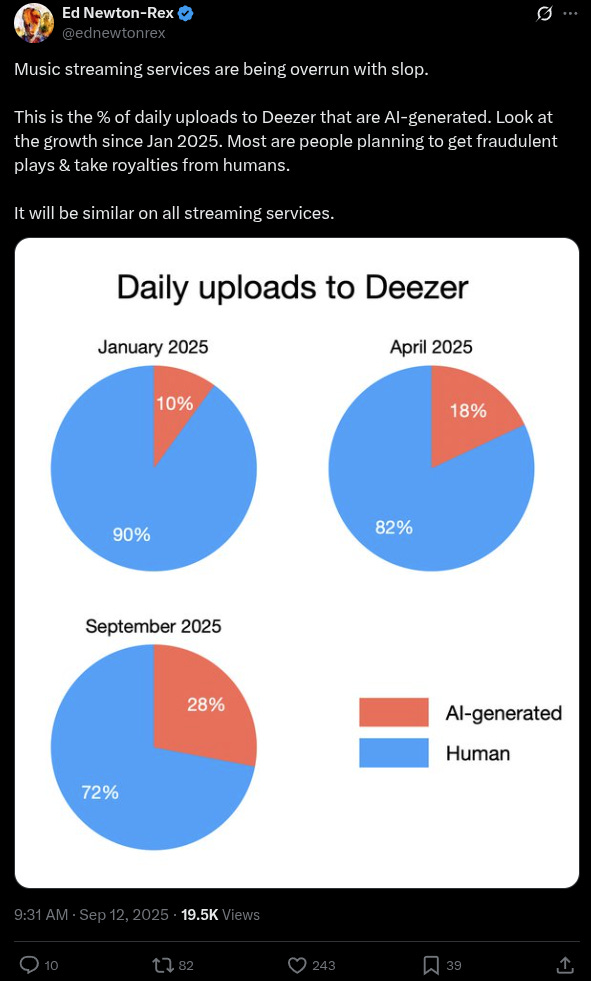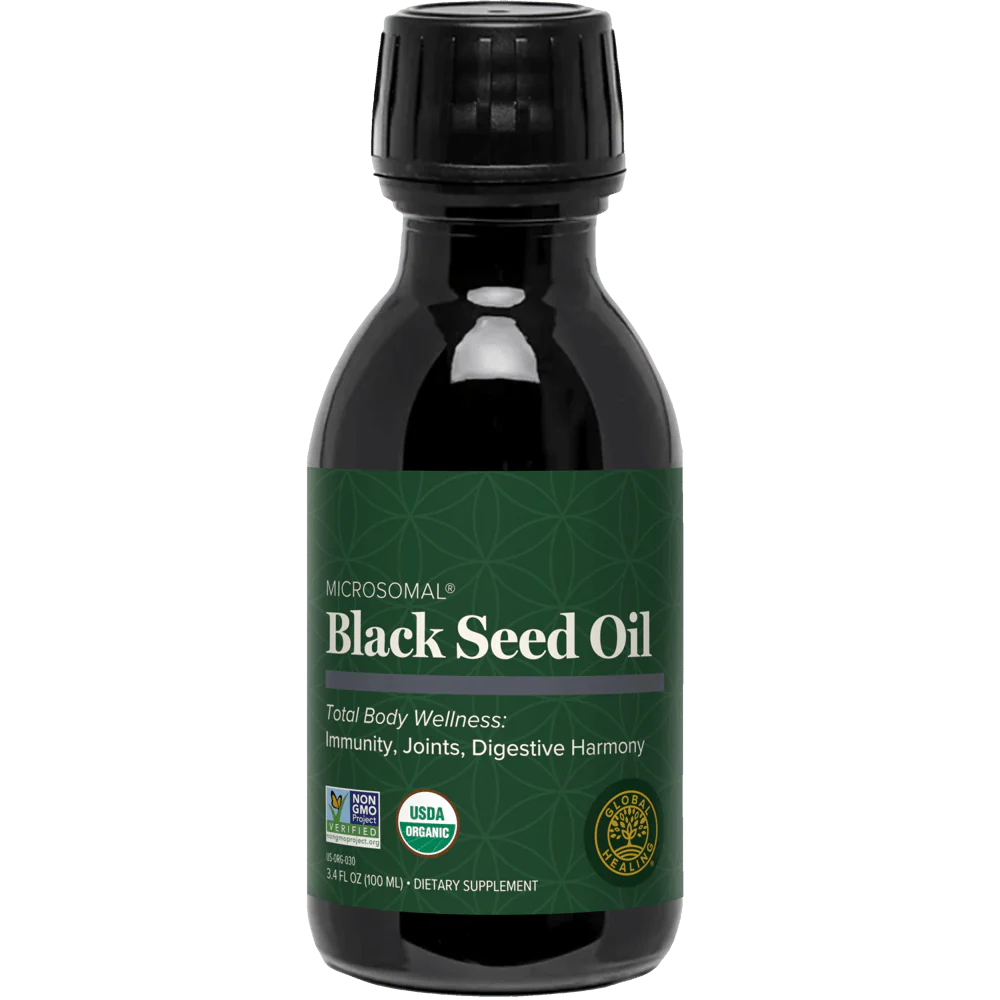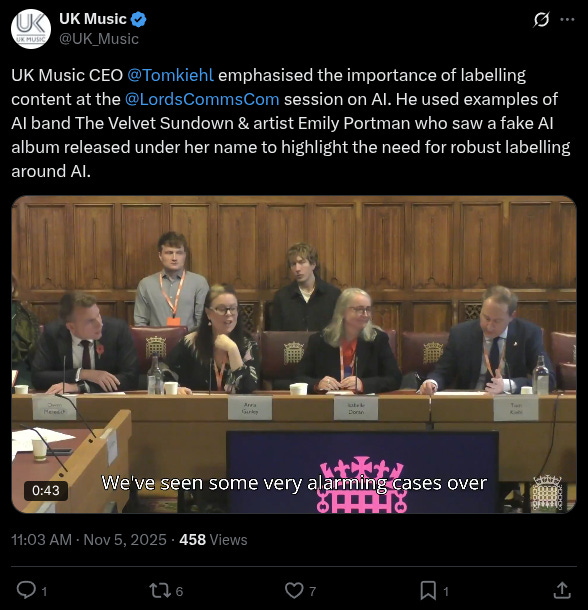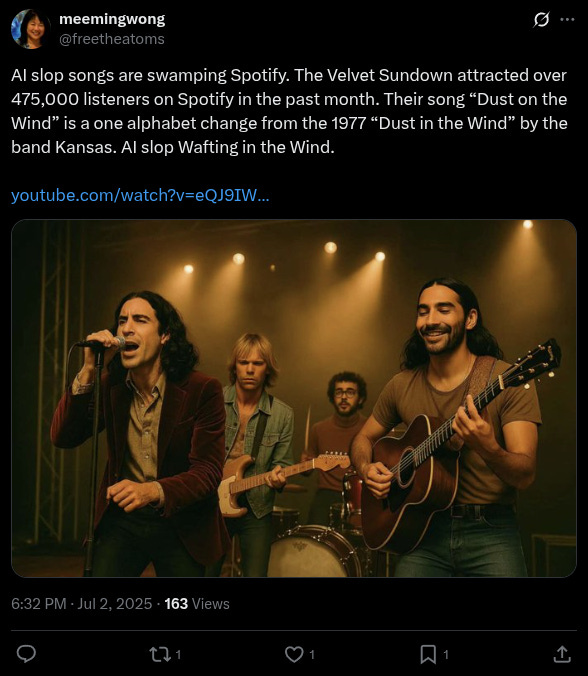A MASSIVE 97% of Listeners Fooled: Can YOU Tell If This Hit Song Is Human… or AI?
Wow. Just, wow.
This article originally appeared on m o d e r n i t y and was republished with permission.
Guest post by @ModernityNews
In an era where the boundaries between the synthetic and the sentient blur with alarming rapidity, a sobering revelation has emerged from the sonic realm: humanity’s capacity to discern the hand of the artist from the algorithm has all but evaporated.
A recent survey commissioned by the French streaming platform Deezer, polling 9,000 individuals across eight nations, laid bare this disquieting truth.
Respondents were tasked with listening to two clips of music wholly conjured by artificial intelligence and one crafted by human hands; astonishingly, 97 percent failed to differentiate between them.
Listen below:
Deezer’s chief executive, Alexis Lanternier, observed, “The survey results clearly show that people care about music and want to know if they’re listening to AI or human made tracks or not.”
This confession of perceptual failure comes not in isolation but alongside a cultural milestone that that underscores the peril.
An AI-generated country anthem, “Walk My Walk” by the fabricated ensemble Breaking Rust, has ascended to the top of Billboard’s Country Digital Song Sales chart, marking the first such triumph for machine-made melody in the genre’s history.
#ad: The ancients called it the “remedy for everything but death.” Modern science calls it Black Seed Oil.
Global Healing’s Organic Black Seed Oil is a potent source of antioxidants and essential nutrients.
They took black cumin seed oil and enhanced it with MicroSomal® Technology for superior bioavailability and absorption.
Used for over 2,000 years, this ancient “seed of blessing” naturally supports immune, respiratory, digestive, and joint health.
Experience the timeless secret of natural balance. Nourish your body with Black Seed Oil today.
DISCLOSURE: This post contains affiliate links. If you make a purchase through Global Healing, we may earn a small commission at no extra cost to you.
The ascent of Breaking Rust—a spectral “band” materialized on Instagram in mid-October, its chiseled-jawed cowboy avatar and vignettes of rustic Americana betraying no trace of human authorship—serves as a harbinger of disruption.
Credited to an enigmatic songwriter called Aubierre Rivaldo Taylor, the track has amassed 1.6 million official U.S. streams, propelling its pretend progenitors to No. 9 on Billboard’s Emerging Artists chart.
Yet, as Billboard itself noted in a prescient dispatch days earlier, “In just the past few months, at least six AI or AI-assisted artists have debuted on various Billboard rankings… That figure could be higher, as it’s become increasingly difficult to tell who or what is powered by AI—and to what extent.”
These incursions span genres from gospel to rock, often cloaked in anonymity, their origins as opaque as the algorithms that birthed them.
If we can’t tell the difference and AI keeps spreading unchecked, we risk a future where most of what we listen to isn’t made by people at all.
Music, once a direct expression of human experience and skill built over years of practice, risks relegation to an algorithmic afterthought.
Deezer’s data shows how fast this is happening: in January, one in ten daily streams was fully AI-generated; by October, it was one in three—about 40,000 tracks per day.
More than half of those surveyed said they were uncomfortable not knowing what was real, while 51 percent expect more low-quality music and nearly two-thirds believe creativity will suffer.
In this future, the drive to develop real talent fades. Why spend years learning an instrument or honing song writing when a computer can produce something immediate enough to pass for the real thing?
The Velvet Sundown’s rise on Spotify—later revealed to be AI, with its top slop song streamed over three million times—shows how easily this can happen.
The incentives that once propelled virtuosos like George Jones—whose soul-rending rendition of “He Stopped Loving Her Today” captured an ineffable human ache—dissolve into obsolescence.
Spotify now asks creators to voluntarily disclose AI use, but only Deezer consistently labels fully AI-generated tracks—a practice supported by 80 percent of survey respondents.
This insidious creep isn’t isolated to music. If songs can pass as human, so can books, paintings, movies, and even news. Novels could be written in the style of great authors without a single human insight.
Art galleries might fill with AI images that resemble masterpieces. Films could be scripted by pattern recognition, and journalism reduced to rephrased data summaries.
In every case, true originality—the kind that comes from personal struggle, surprise, and deep experience—gets pushed aside in favor of efficient imitation.
Of course, AI isn’t all bad. It’s extremely useful for routine, repetitive tasks. It can manage supply chains, analyze medical scans, process massive datasets, and automate paperwork—freeing people to focus on more meaningful work. In these areas, AI boosts productivity and reduces tedium.
But when it enters the arts, the stakes are different. Creative work isn’t about speed or efficiency—it’s about authenticity, emotion, and the slow, messy process of turning ideas into something real.
Replacing that with AI doesn’t merely threaten livelihoods; it risks diminishing what makes art matter. Veterans like Randy Travis and Martina McBride have spoken out against unauthorized AI versions of their voices, and in 2024, hundreds of musicians from Billie Eilish to Stevie Wonder signed a letter urging tech companies not to build tools that replace human creators.
When an AI song like “Walk My Walk” hits number one, it’s not a chart win—it’s a warning. We’re deciding, whether we mean to or not, how much of our culture we’re willing to outsource to machines.
Without clear rules and real transparency, we may soon wake up in a world where everything feels real, but very little actually is.
Or perhaps we’re already there?
Your support is crucial in helping us defeat mass censorship. Please consider donating via Locals or check out our unique merch. Follow us on X @ModernityNews.
Copyright 2025 m o d e r n i t y










All three audio clips are, frankly, shit.
That 97% statistic is genuinly alarming. When we lose the abilty to distinguish real human emotion from algorithmic pattern matching, we're basicaly giving up on what makes music meaningful in the first place. The Breaking Rust example shows how easily this can slip past us all.